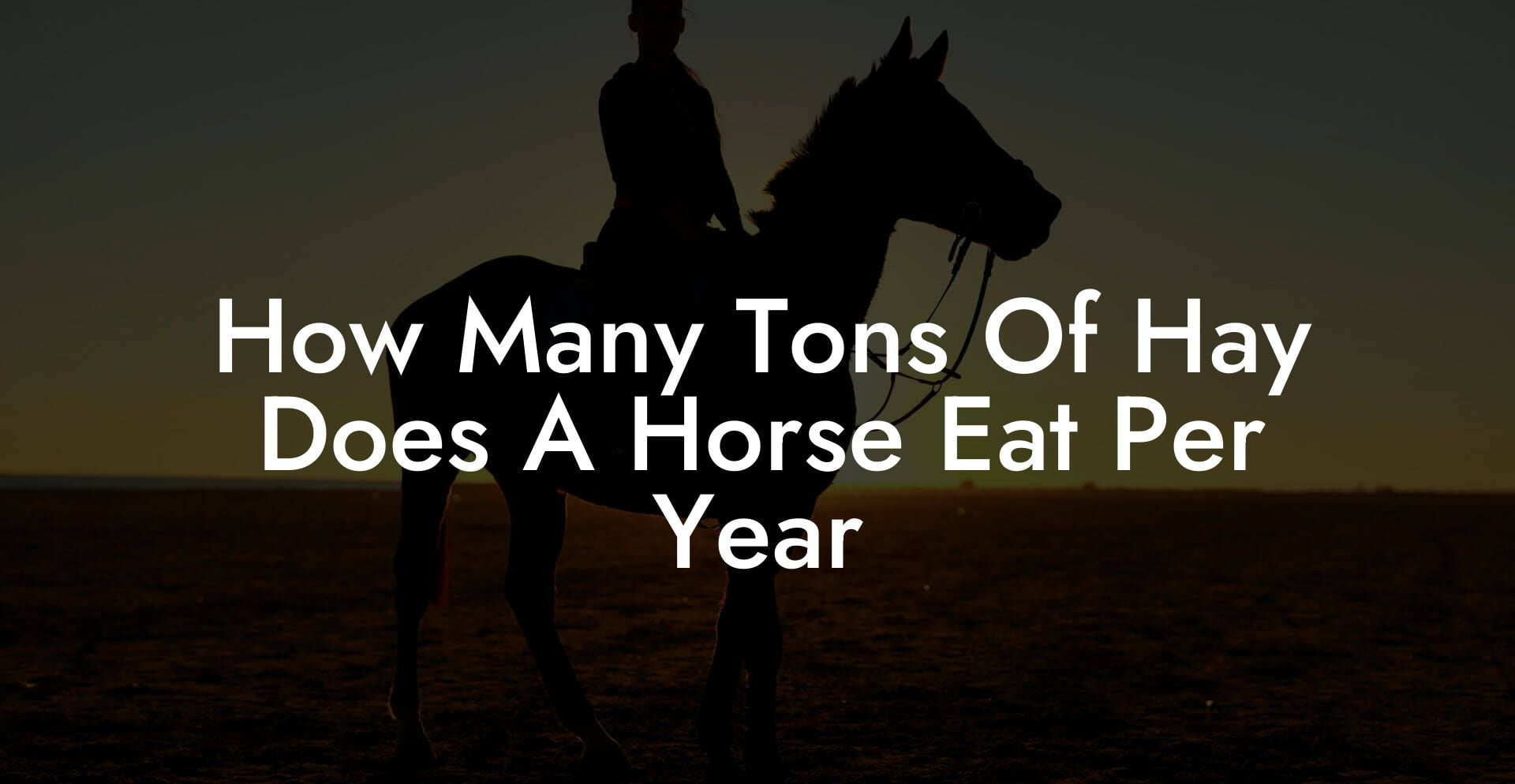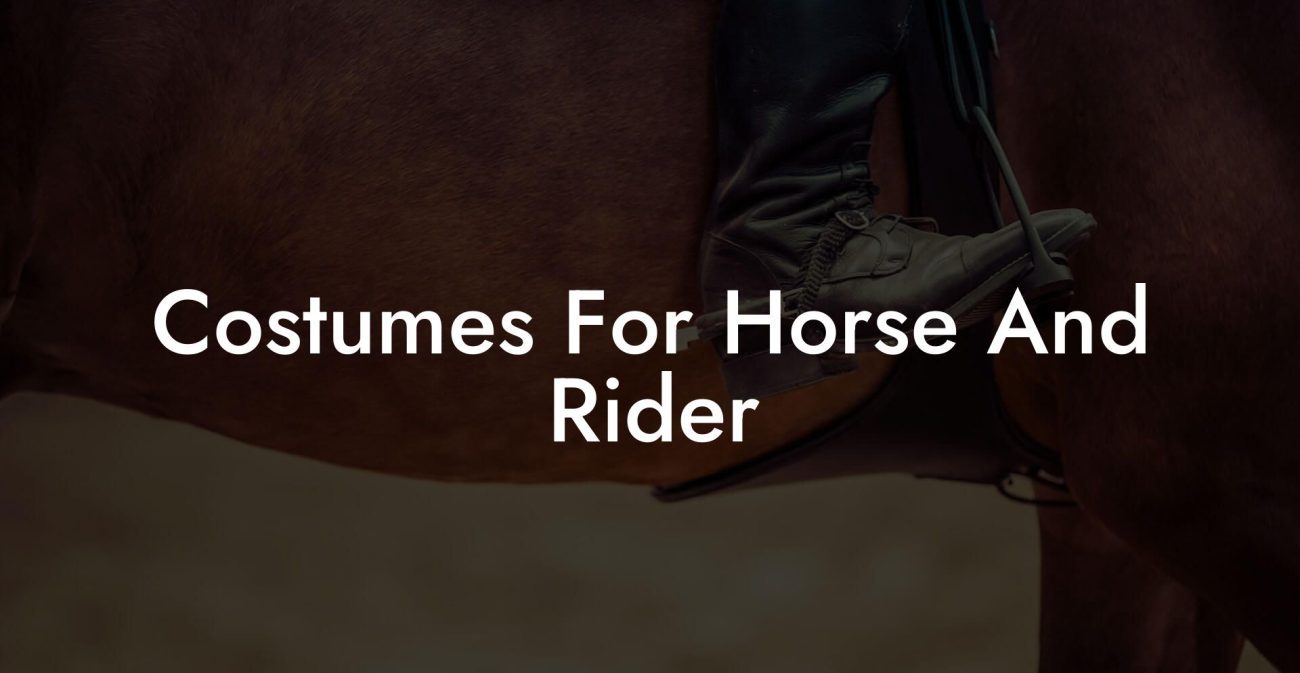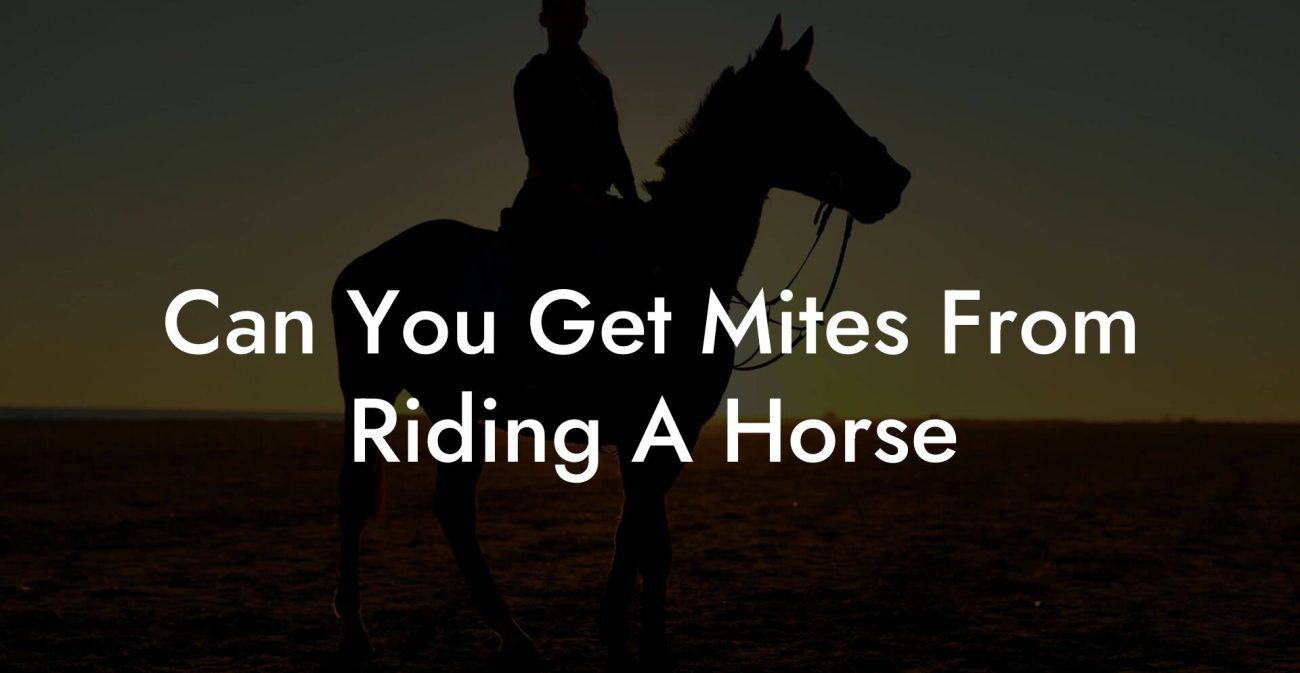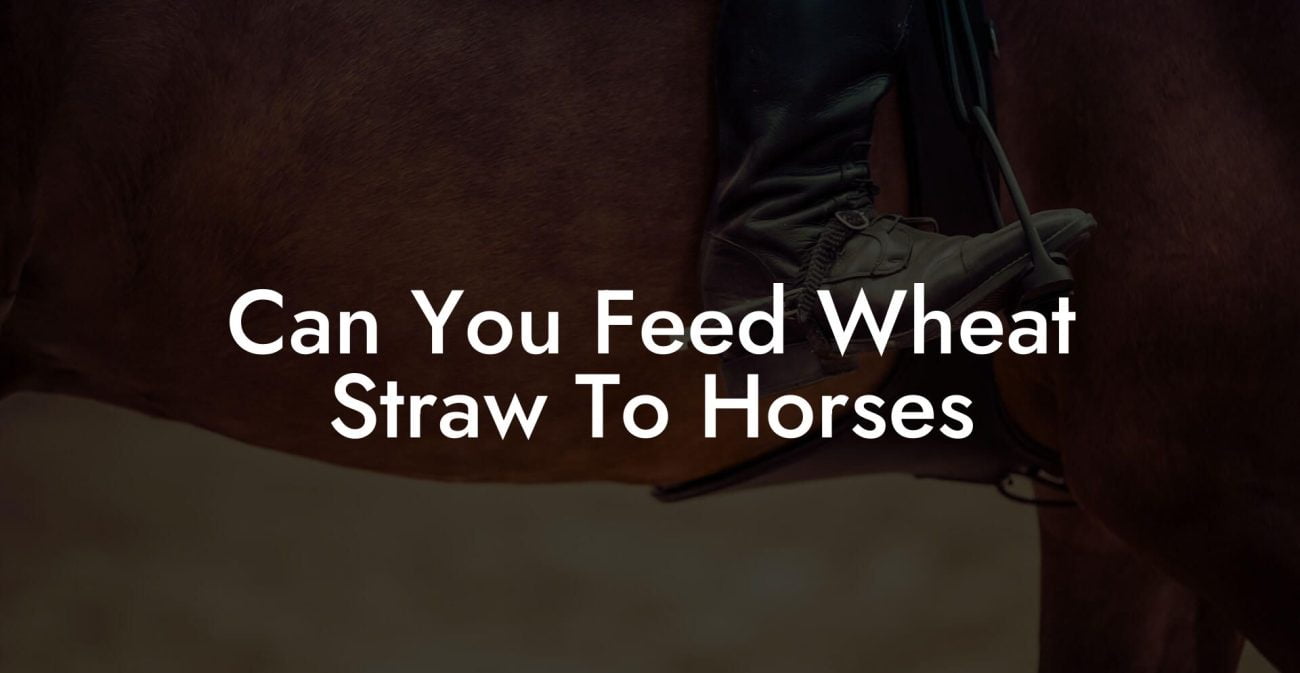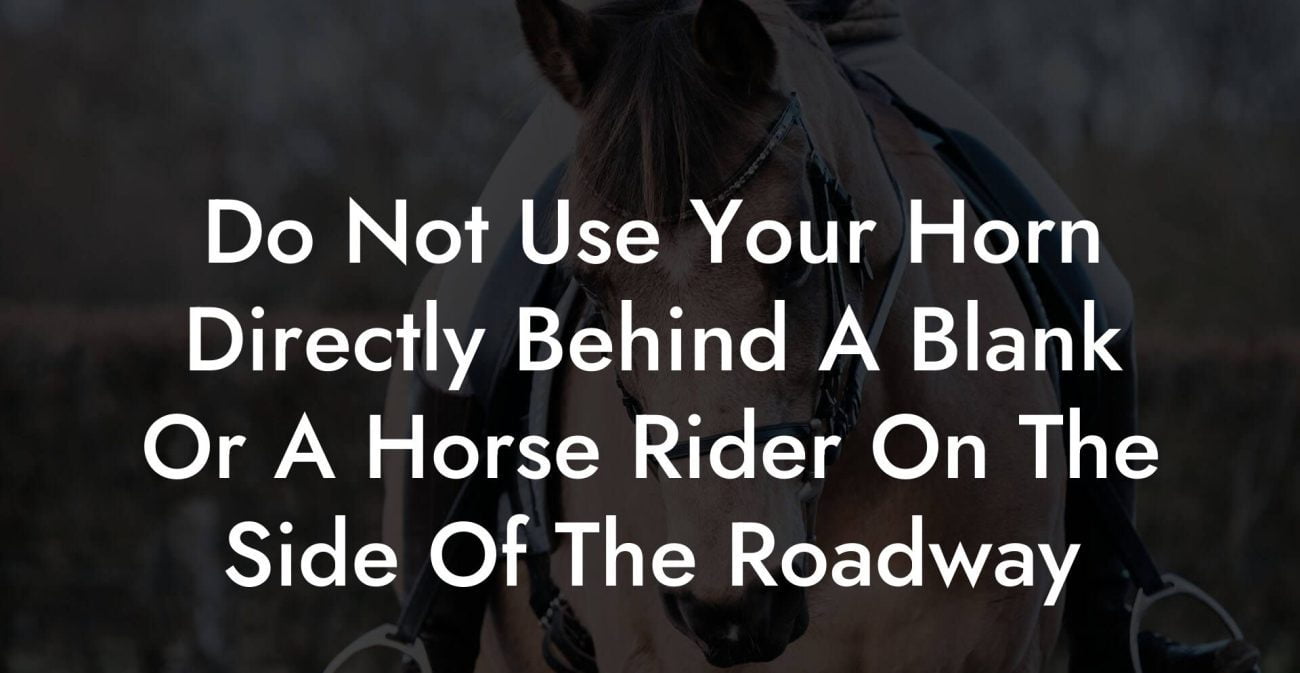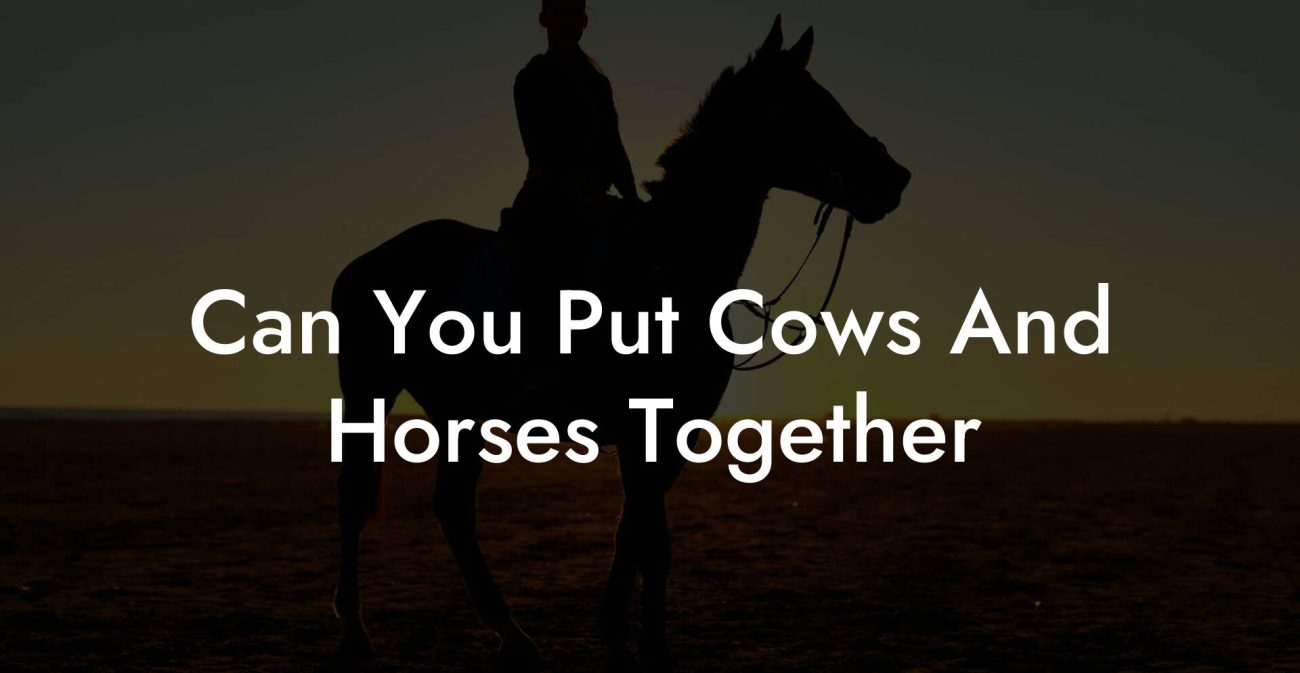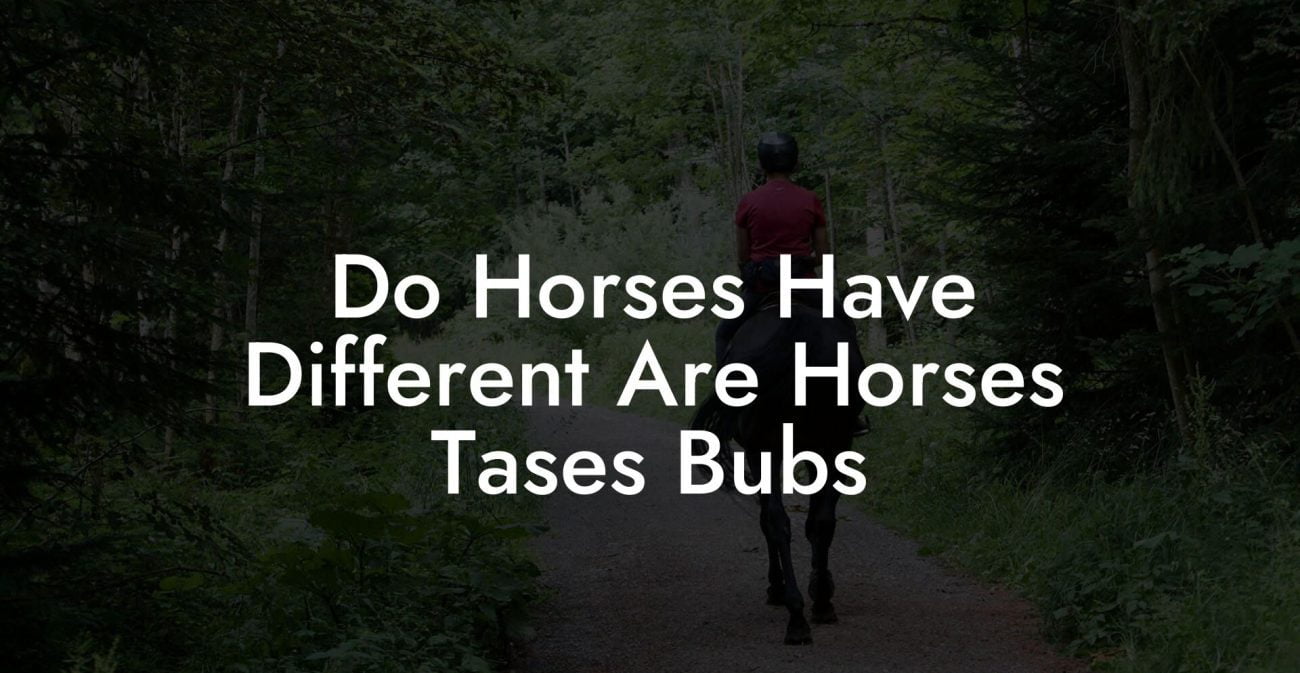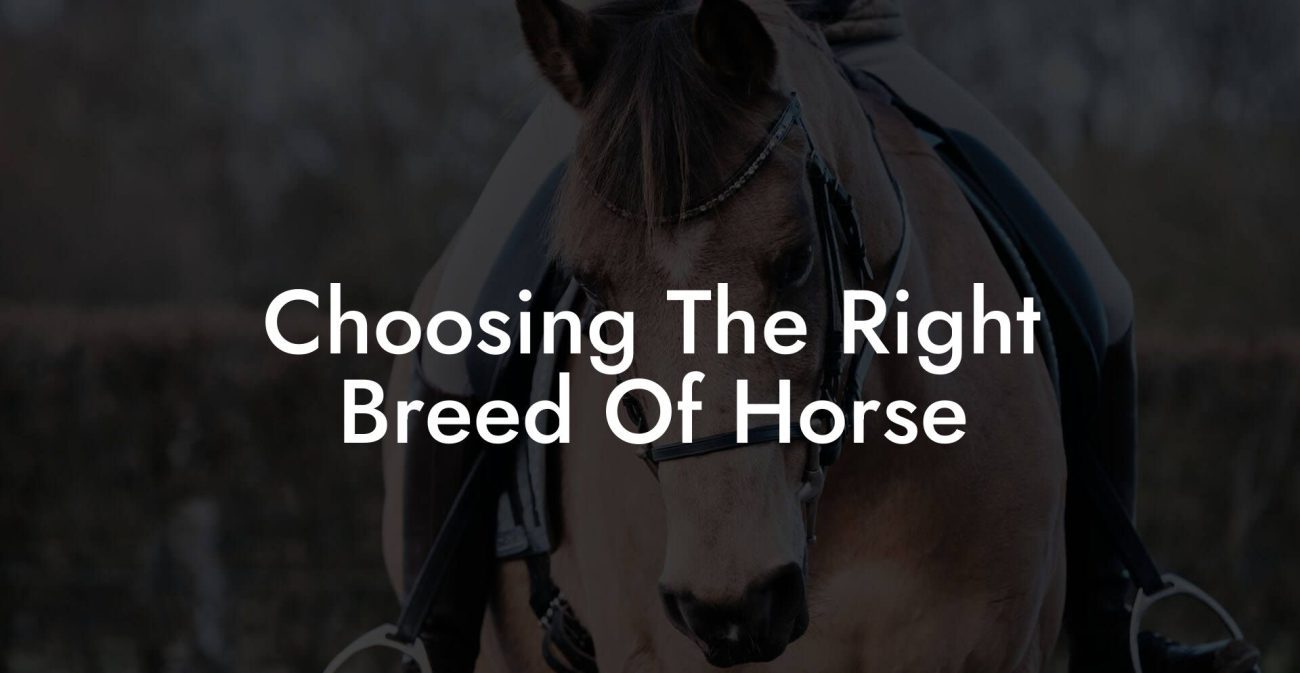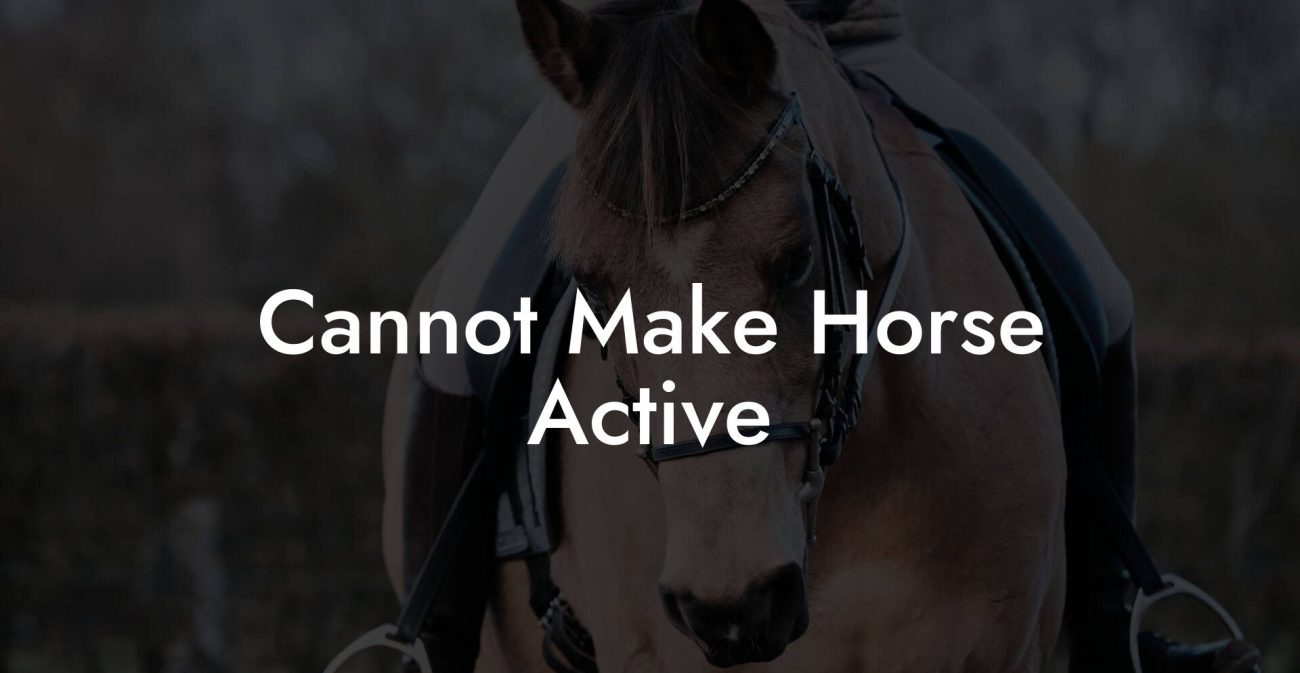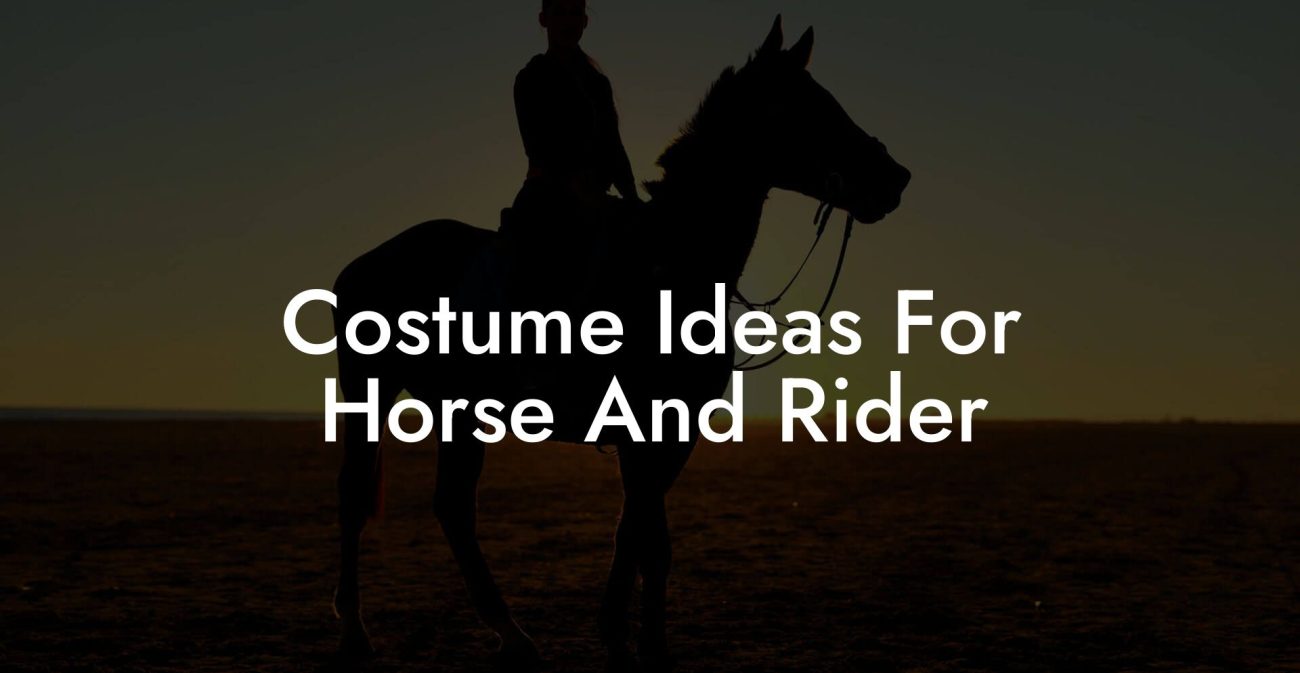When you picture a horse munching on hay like it’s binge-watching the latest Netflix series, you’re not far from the truth, except in this case, hay is the mouthwatering snack that fuels your majestic equine’s adventures. Ever wondered, “How many tons of hay does a horse eat per year?” Strap in for a surprisingly enlightening, humor-infused, and downright engaging ride into the world of horse nutrition, care, and everything hay-related. This deep-dive guide is your golden ticket into understanding the hay habits of horses, as well as translating those colossal numbers into actionable tips for horse owners from Gen-Z to millennial enthusiasts.
Quick Links to Useful Sections
- The Mighty Munch: Understanding Horse Nutrition and Hay Consumption
- Horse Nutrition 101: Hay as the Cornerstone of Equine Diets
- The Role of Forage in a Horse’s Diet
- Nutritional Benefits Beyond Calories
- Crunching the Numbers: How to Calculate Annual Hay Consumption
- Daily Consumption 101
- Annual Calculation
- Factors Influencing Hay Consumption
- Breed and Size
- Activity Level and Workload
- Age and Health
- Quality and Type of Hay
- Seasonal and Environmental Factors
- Beyond the Numbers: The Economic and Environmental Impact
- Economic Considerations of Hay Consumption
- Environmental Footprint
- Feeding Strategies for Optimal Equine Health
- Meal Timing and Frequency
- Balanced Mix of Forage and Supplements
- Monitoring Body Condition
- Exploring Different Types of Hay: Grass, Alfalfa, and Beyond
- Grass Hay
- Alfalfa Hay
- Mixed Forage Blends
- Busting Myths About Hay and Horse Feeding
- Myth 1: “More is always better.”
- Myth 2: “Horses need a constant supply of hay 24/7.”
- Myth 3: “Any hay will do.”
- Myth 4: “Hay is the only thing horses need.”
- Caring for Your Horse: Balancing Diet, Activity, and Overall Well-Being
- Exercise and Pasture Time
- Mental and Social Stimulation
- Regular Health Check-ups
- Resources and Community Support: Your Next Steps in Equine Care
- Advanced Considerations: Technology, Sustainability, and Future Trends in Horse Feeding
- Smart Feeding Systems
- Sustainable Farming and Organic Hay
- Data-Driven Nutrition
- FAQs: Your Top Questions on Equine Hay Consumption Answered
- Your Journey to Smart, Sustainable Equine Care
The Mighty Munch: Understanding Horse Nutrition and Hay Consumption
Horses, nature’s athletes, rely primarily on hay as a cornerstone of their diet. Just as we depend on a mix of good food and a balanced lifestyle to stay energized (and yes, maybe even to have enough energy to scroll through memes), horses need the right blend of roughage to maintain their health. But here’s the kicker: the amount of hay your horse devours in a year isn’t just a random number, it’s a carefully balanced equation influenced by breed, age, activity level, and even the quality and type of hay.
In the equestrian world, hay isn’t just left to chance. This golden crop of dried grasses, legumes, and sometimes a blend of both, is essential in shaping the nutritional landscape of your four-legged friend. Whether you’re caring for a sprightly pony or a robust thoroughbred, understanding hay consumption will ensure your horse remains spry, happy, and Instagram-ready.
In the pages ahead, we’ll break down the science of how much hay a horse devours annually, discuss the factors that influence this astounding number, and reveal tips to optimize your horse’s diet. Plus, we’ll look at alternative feeds, debunk common myths, and provide a toolkit for sustainable, cost-efficient horse care that even a Gen-Z equine influencer would love.
Horse Nutrition 101: Hay as the Cornerstone of Equine Diets
When it comes to keeping a horse healthy, think of hay as the power-packed smoothie of the equine world, minus the blender mess. Hay provides the essential fiber, vitamins, and minerals needed for robust digestion and energy. Its high fiber content is crucial for a horse’s gut health, ensuring that their digestive system runs smoother than your favorite playlist’s transitions.
The Role of Forage in a Horse’s Diet
Forage, basically any plant material consumed by horses, is central to equine nutrition. Hay is a dried form of forage, primarily composed of grasses like Timothy, Orchard, or Bermuda, though sometimes alfalfa or mixed legumes join the party. This high-fiber dietary staple accounts for about 1-2% of a horse’s body weight in hay daily. In practical terms, this means that a 1,000-pound horse might gobble up roughly 20 pounds of hay per day. Multiply that by the number of days in a year, and you start to see those tons adding up.
If you’re wondering, “How does this tally up to tons per year?” keep reading. We’ll break it down in a bit.
Nutritional Benefits Beyond Calories
Beyond fueling daily energy needs, hay contributes to:
- Digestive Health: The fiber in hay aids in proper digestion, reduces colic risks, and keeps the gut microbiome happy.
- Dental Function: Chewing hay helps wear down a horse’s teeth naturally, preventing overgrowth and dental disorders.
- Weight Management: The fiber-rich, low-calorie composition of hay helps prevent obesity while keeping your horse satiated.
- Overall Vitality: A balanced hay diet supports muscular strength, proper metabolic function, and even a healthy coat and skin.
Understanding these benefits sets the stage for grasping why calculating annual hay consumption is as critical as knowing your favorite social media algorithm.
Crunching the Numbers: How to Calculate Annual Hay Consumption
Let’s roll up our sleeves and dive into some math, don’t worry, it’s the fun kind! The basic calculation involves determining the daily hay consumption and then scaling it up over an entire year.
Daily Consumption 101
For most horses, a healthy daily hay intake is around 1.5% to 2.5% of their body weight. For example:
- A 1,000-pound horse may eat 15 to 25 pounds of hay daily.
- A larger horse tipping the scales at 1,500 pounds might need 22.5 to 37.5 pounds per day.
Keeping the numbers in perspective, let’s assume an average intake of 20 pounds per day for a mid-sized horse.
Annual Calculation
Now, multiply that daily consumption by 365 days:
20 pounds/day x 365 days = 7,300 pounds per year.
Converting pounds to tons (with 1 ton = 2,000 pounds):
7,300 pounds ÷ 2,000 = 3.65 tons of hay per year.
And there you have it, a typical horse might eat roughly 3.65 tons of hay annually. Keep in mind, variations occur based on diet quality, exercise level, and even weather conditions, which can affect how much a horse needs.
Factors Influencing Hay Consumption
Just like you wouldn’t expect the same pizza quota for a marathon runner and a couch potato, not every horse’s hay appetite is cut from the same cloth. Several key factors can sway the amount of hay consumed throughout the year:
Breed and Size
Larger breeds like draft horses or Clydesdales naturally require more fodder to sustain their massive frames, while ponies and smaller breeds are happy with less. Breed-specific metabolic rates can lead to significant differences in daily needs.
Activity Level and Workload
A competitive show jumper or an endurance racer burns calories like there’s no tomorrow, meaning they need extra nutrition to keep up their stamina. In contrast, a pasture pet with minimal physical exertion may require a lighter amount of hay.
Age and Health
Young, growing horses and elderly horses have specialized dietary needs. Foals and adolescents might need more energy-rich diets to support rapid growth, while older horses might benefit from easy-to-digest hay, sometimes requiring modifications in their feeding routine.
Quality and Type of Hay
The nutrient density of the hay matters, a premium alfalfa blend might pack more protein and calories than a lower-grade grass hay. Horses on a higher-quality hay may eat slightly less volume to meet their energy requirements.
Seasonal and Environmental Factors
Temperature, humidity, and even regional climates can affect a horse’s appetite. During colder months, horses might need more hay to generate extra body heat. Conversely, in hot weather, water intake increases along with any potential adjustments in fiber digestion.
All these aspects contribute to the beautiful complexity of equine nutrition, reminding us that hay consumption isn’t a one-size-fits-all figure but a dynamic metric that must be adjusted for each horse’s unique lifestyle.
Beyond the Numbers: The Economic and Environmental Impact
While 3.65 tons per year might sound like a staggering chunk of hay, understanding the broader context is essential, especially for eco-conscious and budget-savvy horse owners. The hay you feed isn’t just an ingredient in a recipe; it’s an investment in your horse’s overall health, performance, and even environmental sustainability.
Economic Considerations of Hay Consumption
With hay prices fluctuating due to weather conditions, regional supply, and quality differences, calculating annual consumption helps horse owners budget effectively. Whether you’re running a small stable or managing a large equine facility, understanding your horse’s annual hay needs can aid in planning bulk orders, exploring cost-saving strategies, and reducing feed waste.
Environmental Footprint
Sustainability now plays a huge role in modern horse care. Organic hay, responsibly grown and harvested, not only supports your horse’s health but also helps minimize the environmental footprint of equine care practices. Many farms are now embracing renewable energy, sustainable farming practices, and waste reduction methods, ensuring that the tremendous demand for hay doesn’t come at the expense of our planet.
For horse lovers who care about the environment, making informed decisions about hay quality, sourcing, and even storage can contribute to a greener future while still keeping your equine friend thriving.
Feeding Strategies for Optimal Equine Health
Knowing the numbers is only half the battle, applying that knowledge to balance nutrition and maintain your horse’s health is where the magic happens. Here are a few approaches to ensure your horse not only gets enough hay but also the right mix of nutrients for energy, repair, and overall vitality.
Meal Timing and Frequency
Instead of offering one giant serving per day, splitting the hay intake into multiple feedings can promote healthier digestion and prevent boredom (and yes, horses appreciate variety much like we do). Feeding smaller, more frequent meals can mimic natural grazing behaviors and lead to smoother digestive processes.
Balanced Mix of Forage and Supplements
While hay is the star of the show, supplementing with grains, vitamins, minerals, or specially formulated feed can ensure your horse’s diet is well-rounded. It’s all about balance, just like mixing the right tracks on your favorite playlist so that every beat hits perfectly.
Monitoring Body Condition
Regularly assessing your horse’s body condition score (BCS) helps fine-tune the amount and quality of hay delivered. Adjusting the plan based on visible changes, activity level, or seasonal shifts keeps your horse in prime shape.
Embrace digital tools too, apps and wearable trackers can offer insights into your horse’s activity and nutritional needs, making feeding management feel less like a chore and more like a well-calibrated science project.
Exploring Different Types of Hay: Grass, Alfalfa, and Beyond
The hay aisle is much like the artisanal market fridge, boasting an assortment of flavors, textures, and nutritional promises. Each type of hay has its unique benefits and challenges, and choosing the right one for your horse can optimize both health and hay consumption.
Grass Hay
Grass hay (think Timothy, Bermuda, or Meadow hay) is the classic choice for many horses. It’s usually lower in calories and protein, which makes it ideal for horses that don’t need to bulk up too quickly. Its high fiber content is a boon for digestion and maintaining steady energy levels.
Alfalfa Hay
Rich in protein, calcium, and energy, alfalfa hay serves as a great option for younger, growing horses, or those involved in heavy work. However, its rich nutritional profile means that overfeeding can lead to unwanted weight gain. Many horse owners mix alfalfa with grass hay to form a balanced diet.
Mixed Forage Blends
A carefully curated mix of grasses and legumes can offer the best of both worlds, achieving the ideal nutritional balance while keeping feeding routines interesting. These blends are often tailored to meet specific dietary requirements and can be adjusted based on your horse’s season, workload, or health needs.
When evaluating your options, consider the nutrient density, moisture content, and your horse’s individual needs. Experimentation, combined with expert advice from your veterinarian or an equine nutritionist, can lead to a harmonious feeding regimen that keeps your horse rearing for more.
Busting Myths About Hay and Horse Feeding
In the swirling world of horse care, myths run rampant, especially when it comes to hay. Let’s put on our fact-checking hats and debunk some common misconceptions:
Myth 1: “More is always better.”
Just like how binge-eating your favorite snacks isn’t a recipe for health, overfeeding hay can lead to digestive issues and weight problems. It’s all about moderation and balanced nutrition.
Myth 2: “Horses need a constant supply of hay 24/7.”
While horses are natural grazers, structured meal times are beneficial. Controlled feeding helps manage calorie intake and prevents colic by regulating the digestion process.
Myth 3: “Any hay will do.”
The quality of hay is paramount. Low-quality, dusty hay can contribute to respiratory issues, while nutrient-poor hay might leave your horse undernourished despite high consumption.
Myth 4: “Hay is the only thing horses need.”
Although hay forms the backbone of a horse’s diet, supplementary feeds, minerals, and fresh water are equally important components of a well-rounded nutritional plan.
Knowing the facts ensures that you’re making smart decisions when planning your horse’s diet, and that those tons of hay are working hard for your equine’s health.
Caring for Your Horse: Balancing Diet, Activity, and Overall Well-Being
Feeding your horse is just one piece of the puzzle. Modern horse care is holistic and multifaceted, blending nutrition, physical activity, mental stimulation, and proper grooming to craft a life of comfort and vitality for your equine companion.
Exercise and Pasture Time
Remember, a well-fed horse is a happy horse, but without regular exercise, even the best diet can result in an under-stimulated, occasionally moody companion. Ensuring that your horse spends ample time in the pasture, trotting around, or engaging in structured workouts can turn those hay calories into lean muscle and boundless energy.
Mental and Social Stimulation
Horses are social creatures. Incorporate regular grooming sessions, interactive play, and even social time with other horses to create an environment that nurtures both body and mind. A mentally stimulated horse is less likely to develop anxiety-related behaviors, making mealtime a joyful part of their day.
Regular Health Check-ups
Routine veterinary examinations and dental check-ups will help you monitor your horse’s overall condition, ensuring that their diet, no matter how many tons of hay it includes, is on track to meet their unique health needs.
Balancing diet with an active lifestyle ensures that your horse not only consumes the right amount of hay but also transforms that food into the energy needed to live its best life.
Resources and Community Support: Your Next Steps in Equine Care
Navigating the world of horse nutrition and care can feel like venturing into a wild frontier, but you’re not alone. Whether you’re a seasoned equestrian or a horse care newbie, a vast online community and numerous expert resources are here to guide you.
Consider joining social media groups, local horse clubs, and online forums where discussions range from organic hay sourcing to state-of-the-art feeding strategies. Peer advice, veterinarian recommendations, and digital tools can empower you to make well-informed choices, ensuring that your horse gets every essential nutrient without sacrificing sustainability or breaking the bank.
Look for webinars, virtual tours of sustainable farms, and interactive Q&A sessions with equine nutritionists to deepen your understanding. Engaging with these communities also means you can share your own experiences, because there’s no better way to learn than by swapping tips, tricks, and hilarious hay-related mishaps with fellow horse enthusiasts.
Your next steps? Dive into the wealth of online resources, attend equine nutrition seminars, and connect with others who share your passion for horses. With community support at your fingertips, you’re equipped to make informed decisions that benefit your horse and your wallet.
Advanced Considerations: Technology, Sustainability, and Future Trends in Horse Feeding
The integration of technology in horse feeding isn’t just about keeping up with trends, it’s about enhancing efficiency, monitoring health, and adopting sustainable practices that benefit both your horse and the planet.
Smart Feeding Systems
Imagine a world where feeding schedules are automatically adjusted based on your horse’s activity levels and weather patterns. Smart feeding systems, equipped with sensors and integrated apps, can monitor your horse’s eating habits and provide real-time data. This high-tech approach minimizes waste, optimizes nutrition, and turns a routine feeding task into a science-driven operation.
Sustainable Farming and Organic Hay
As discussions around sustainability grow louder, many farms are shifting toward organic, regenerative practices that focus on soil health, reduced chemical usage, and renewable energy. Sourcing organic hay may require a bit more research and a slight premium, but knowing that your horse’s food production is environmentally friendly adds a whole new layer of satisfaction to diligent equine care.
Data-Driven Nutrition
With wearable technology for horses now on the rise, you can track everything from heart rate to digestion efficiency. These insights allow you to adjust the diet with precision, ensuring that every pound of hay contributes directly to your horse’s performance and vitality.
From smart feeders to sustainable practices, the future of equine nutrition is brimming with innovation. Integrating these advanced strategies into your horse care routine will help you stay ahead of the curve and truly optimize your horse’s health.
FAQs: Your Top Questions on Equine Hay Consumption Answered
We know you might have a lot of questions about how many tons of hay a horse really eats per year, and more importantly, how to manage that consumption effectively. Below are some of the top FAQs that address both the nutritional science and day-to-day care practices.
1. How many tons of hay does an average horse eat per year?
On average, a 1,000-pound horse may consume about 7,300 pounds of hay per year, which roughly translates to 3.65 tons annually. This can vary based on the horse's weight, breed, and workload.
2. Does the type of hay affect the consumption rate?
Yes, the quality and nutrient density of the hay, be it grass, alfalfa, or a mixed blend, can influence how much is needed to meet the horse's energy requirements.
3. How do seasonal changes impact hay consumption?
In colder weather, horses may require more hay to help maintain body heat, while in warmer climates, adjustments in feeding practices might be necessary to balance hydration and digestion.
4. What role does exercise play in hay consumption?
More active horses burn additional calories and may need extra hay to sustain their energy levels, whereas less active horses require a controlled diet to prevent weight gain.
5. Can technology help manage my horse’s hay intake?
Absolutely. Smart feeders and wearable tracking devices provide data that helps tailor feeding schedules and optimize hay consumption based on your horse’s activity and health metrics.
6. Is there a risk of overfeeding hay?
Overfeeding hay can lead to weight gain and digestive issues. It’s important to balance a horse’s diet, integrating both forage and necessary supplements.
7. What are the economic implications of feeding a horse that eats several tons of hay a year?
Understanding your horse’s consumption rate helps in budgeting and planning bulk orders, ensuring that you’re both cost-efficient and prepared for seasonal price fluctuations.
8. How can I ensure the hay is of good quality?
Always source hay from reputable suppliers, ask for analysis reports, and visually inspect the hay for mold, dust, and overall freshness.
9. Do older horses require different feeding strategies?
Yes, senior horses may benefit from easily digestible, nutrient-dense hay and might require modifications to their feeding routine to support joint health and digestion.
10. Where can I find more resources on horse nutrition and sustainable feeding practices?
Numerous online forums, equine nutrition webinars, and local agricultural extension services provide valuable insights. Engaging with equine communities can also offer firsthand advice.
Your Journey to Smart, Sustainable Equine Care
Caring for your horse goes far beyond calculating tons of hay per year. It’s an ongoing adventure, a blend of art and science, where every bale of hay, every measured feeding, and every thoughtful adjustment plays a critical part in your equine’s well-being. Whether you’re optimizing a high-performance athlete’s regimen or nurturing a gentle pasture companion, the insights in this guide empower you to make smart, intentional choices.
Embrace the challenges and celebrate the victories, whether it’s discovering new feeding technologies, sourcing that perfect organic hay, or simply sharing a lighthearted moment with your trusty steed. Let each step on your journey be fueled by knowledge, sustainability, and a passion for exceptional horse care.
The hay may be measured in tons, but the impact on your horse’s life is measured in energy, vigor, and unforgettable moments of connection. Charge forward with confidence, armed with the right strategies, community support, and an unwavering commitment to excellence in equine nutrition, you’re poised to lead your horse into a future full of vitality and joy.
Ready to refine your horse care regimen, share insights, and connect with like-minded enthusiasts? Jump into the vibrant online equine communities, explore local events, and continue your research, you’ll soon discover that the journey to optimal equine care is as rewarding as it is essential.

